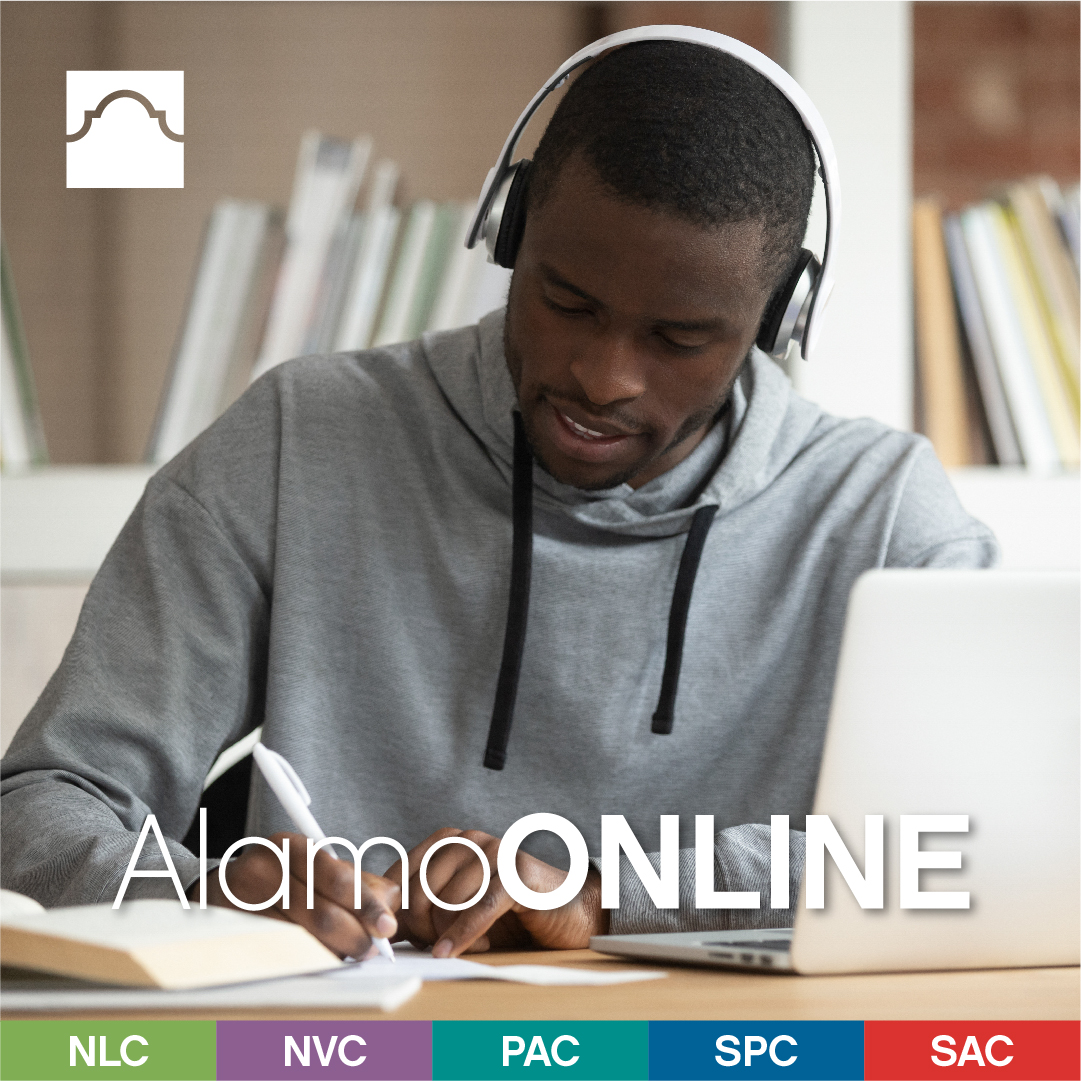Developing effective critiques for your online courses
January 27, 2021

Online courses often require you to write a substantive response—or critique—to a classmate’s post or paper. You might associate the term critique with someone finding fault or mistakes with your work, but true critiques are intended to be helpful evaluations of your argument or writing that will help you produce a stronger end product.
Critique types vary by assignment. Sometimes you will be asked to respond to a classmate’s discussion post, while other times you will be asked to peer review and critique a classmate’s academic paper. Still, other times you may be asked to work in small groups and conduct a peer review of a group’s report of findings. Remember that each new critique helps build your classmates’ writing and self-editing skills.
The quality, length, and insight of your critique will probably be graded, which means it is important to learn how to compose a response that is both courteous and effective. Try following these five tips for developing a quality critique:
Find something positive.
As you read the post or paper, make note of its positive aspects—perhaps the ideas are well organized or the writing is smooth and easy to read. Choose one of those aspects and mention it in a complementary way, making sure it is specific to your classmate’s work and not overly vague or general. You don’t have to shower someone with praise, but it helps to start your response with something positive, genuine, and focused on the material.
Ask questions.
Ask one or more questions about the writer’s research, methodology, or conclusions. It can be helpful to quote a specific statement within the paper and then pose a question that will provide an opportunity for your classmate to expand on their ideas. Asking questions allows you to engage with your classmates because it creates a conversation. Moreover, your questions may help the person receiving your critique to rethink an explanation and provide a clearer, more final product. Your instructor or other students might even join the conversation by providing additional feedback.
Make suggestions.
Providing suggestions or corrections may not be required for discussion posts but is often an integral part of the peer editing process for academic papers. Although it can be difficult to provide constructive feedback (also called constructive criticism) that is both gentle and helpful, it is a necessary skill to learn. Giving constructive feedback is a transferable skill that will help you through your academic and professional career.
For your feedback to be used effectively, it is essential that you be specific about what needs correction. Moreover, make sure that your recommended corrections support the grading rubric or expectations for the paper. For example, if the thesis statement is unclear and you know that the instructor emphasizes clear and concise thesis statements, it would benefit your classmate to point out an unclear thesis statement.
If you avoid making suggestions, you will not do your classmates any favors. Merely stating “this is good” or “I like it” can come off as simply checking the box. It does not help your classmate and it does not show that you have an understanding of the material.
Provide examples.
Linking to examples or research can build a basis for your feedback while providing an additional resource to your classmate. Additional resources are useful during the revision process and will help your classmate produce a more polished and accurate paper. If the feedback is provided on a class-wide message board, other students can chime in with their own resources which will continue a cycle of support.
Be specific.
Point out examples in the post or paper that are impactful. Take the opportunity to explain why a specific phrase or detail stands out to you. Being specific in feedback not only demonstrates your analytical ability but provides your classmate some tangible insight into which part of their writing was most effective.
There is both an art and a science to providing critical feedback or a critique. Online courses in particular provide numerous opportunities to practice and hone your skills. When you offer thoughtful feedback and ask meaningful questions, you are helping your classmates improve their work. You’re also honing your skills as a critical thinker! In addition, understanding how to engage in the critique process is a marketable skill that will benefit you in your professional life.
For more information
Contact an Enrollment Coach, today!Enrollment Coaches are here to help you get started with the application process and to guide you through registration for fully online courses this upcoming semester. We can also connect you to an advisor, as well as refer you to services available to online students. Don't delay, call (210) 485-0110 or email AlamoONLINE@alamo.edu, today!Frequently Asked Questions |
About AlamoONLINEAlamoONLINE represents the range of opportunities for students pursuing degrees, certificates, or other offerings delivered 100% online from Northeast Lakeview College, Northwest Vista College, Palo Alto College, San Antonio College, and St. Philip’s College. At our Alamo Colleges, a 100% online degree, certificate, other offering, or Transfer Advising Guide (TAG) has all courses offered fully online and does not require students to come on campus or to an external site except for required proctored exams or to participate in a clinical, internship, cooperative education, or practicum site. |






